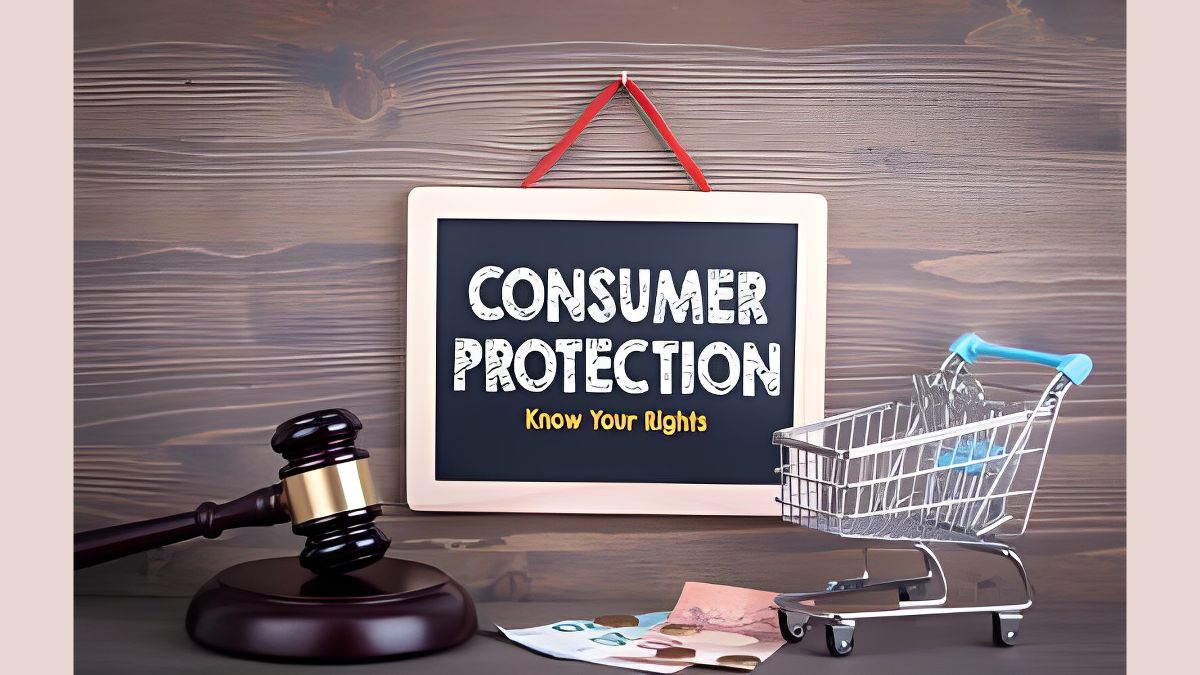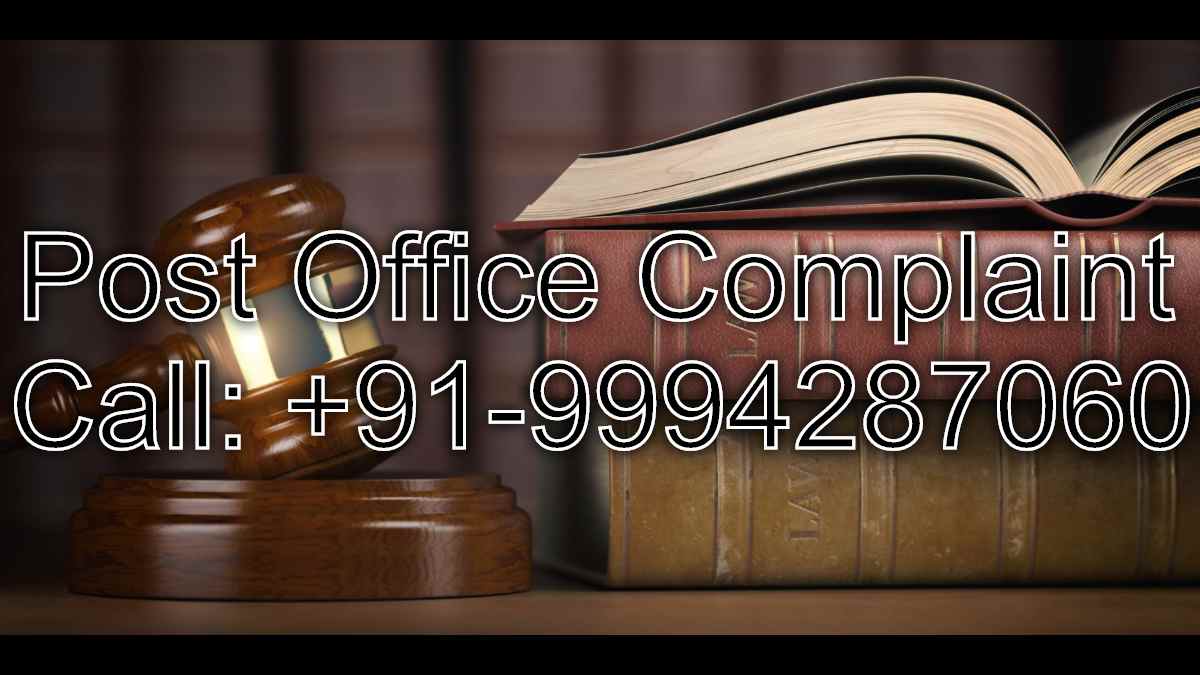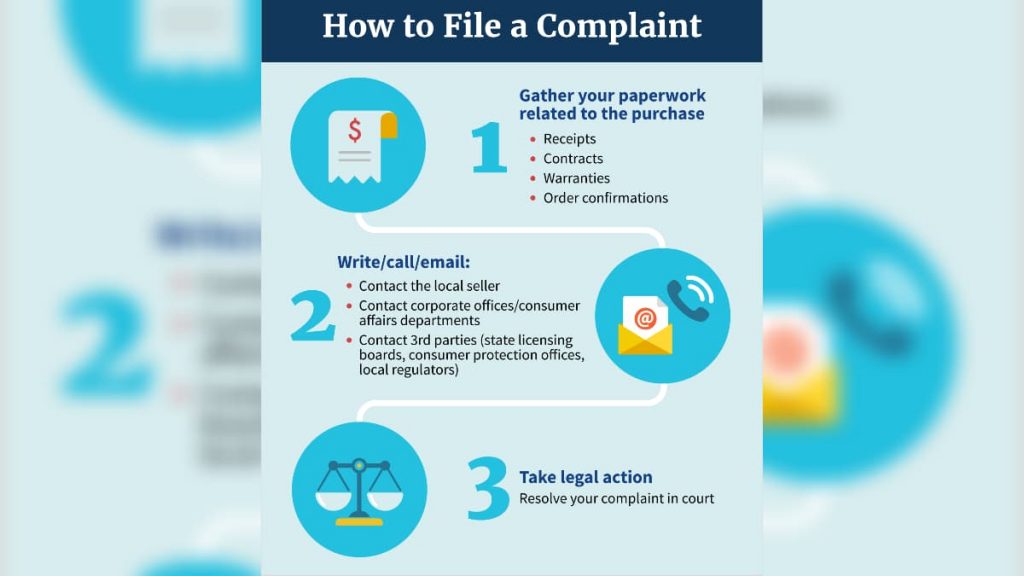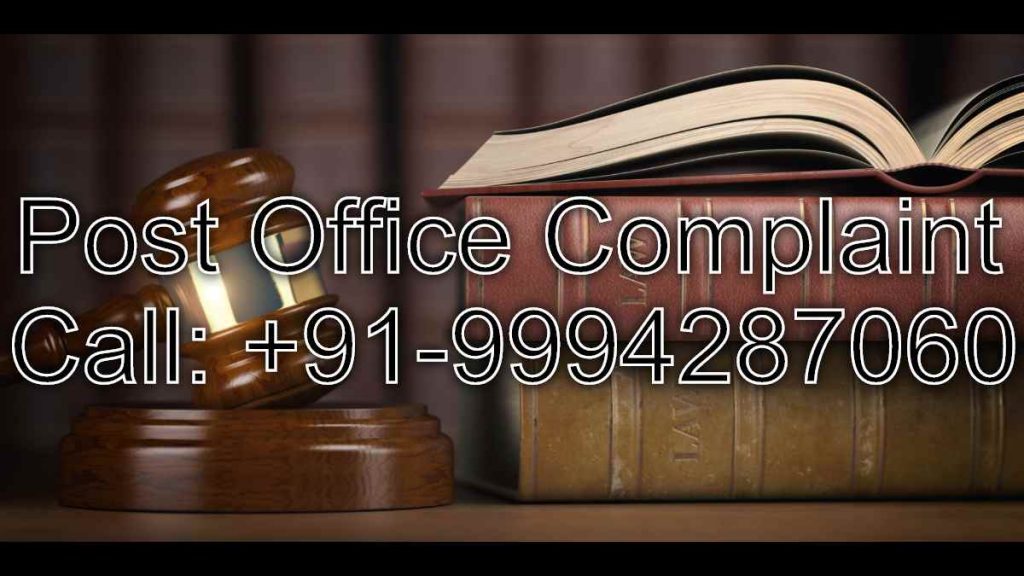In today’s digital age, consumer fraud has become increasingly sophisticated and prevalent. Scammers are constantly devising new ways to exploit vulnerabilities and manipulate individuals for financial gain. It’s essential to arm yourself with knowledge and vigilance to safeguard your hard-earned money. This comprehensive guide, brought to you by LAW MASTERS, a leading consumer law firm, will not only help you understand the nuances of consumer fraud but also equip you with the tools to identify, prevent, and take action against potential scams.
Understanding Consumer Fraud Scams
What is Consumer Fraud?
Furthermore, consumer fraud encompasses a range of deceptive practices where individuals are tricked into parting with their money, personal information, or assets under false pretenses. From online scams to in-person cons, fraudsters use various methods to exploit unsuspecting victims. This section will delve into the diverse landscape of consumer fraud, shedding light on its many faces.
The Impact of Consumer Fraud on Individuals and Society
Moreover, the repercussions of consumer fraud extend far beyond the individual victim. Fraud not only leads to financial losses but can also erode trust in businesses and institutions. Understanding the broader impact of consumer fraud is crucial to appreciating the collective responsibility in combating this menace.
Common Types of Consumer Fraud
In addition, consumer fraud comes in many forms, each with its unique tactics and subterfuge. From identity theft and phishing scams to pyramid schemes and fake charities, we’ll explore some of the most prevalent and damaging fraud categories, providing you with insights into the various threats you may encounter.
The Psychology Behind Scams
How Scammers Manipulate Emotions
However, fraudsters are adept at manipulating emotions, exploiting fear, greed, and curiosity to lead victims down the path of deception. This section delves into the psychology behind scams, revealing the tactics that scammers use to trigger emotional responses and compromise rational judgment.
Cognitive Biases that Make Us Vulnerable
Recognizing Emotional Triggers Understanding the cognitive biases that scammers exploit is essential for self-protection. Human brains are wired in ways that make us susceptible to certain types of deception. Unearthing these biases will empower you to recognize when your judgment might be compromised.
Recognizing Emotional Triggers
Nonetheless, learning to identify emotional triggers is pivotal in spotting consumer fraud. By recognizing when your emotions are being manipulated, you can take a step back and critically evaluate the situation, making it harder for scammers to succeed.
Signs of Consumer Fraud Scams
To sum up, fraudsters often request sensitive personal information, such as Social Security numbers, bank account details, or credit card numbers, under the guise of a legitimate transaction. Identifying these unusual requests is the first line of defense against scams.
Too Good to Be True Offers
Similarly, offers that seem too good to be true should raise red flags. Whether it’s a miracle product, an investment opportunity promising astronomical returns, or a prize you’ve won without entering a contest, these are classic signs of consumer fraud.
High-Pressure Sales Tactics
Furthermore, scammers frequently employ high-pressure sales tactics to rush victims into making impulsive decisions. Recognizing and resisting these tactics is crucial to avoid falling prey to fraudulent schemes.
Suspicious Emails and Phone Calls
In fact, suspicious emails and phone calls can be the initial contact point for many scams. By learning to identify common elements of fraudulent communications, you can protect yourself from phishing attempts and bogus offers.
Verifying Sources
Confirming the Legitimacy of Emails and Websites
Moreover, fraudulent emails and websites often mimic the appearance of trusted entities. Discover how to confirm the authenticity of these sources, ensuring that you’re interacting with legitimate organizations.
Checking for Certifications and Accreditations
Notably, many reputable businesses and organizations hold certifications and accreditations. This section will guide you on how to verify these credentials, helping you avoid unscrupulous entities posing as genuine ones.
Investigating Unknown Companies
Similarly, when considering a transaction with an unfamiliar company, thorough investigation is your best friend. We’ll show you how to research these companies, from reading customer reviews to checking their physical address.
Safeguarding Sensitive Data
For example, your personal information is a valuable commodity to scammers. Understanding how to safeguard your sensitive data is critical in protecting yourself from identity theft and financial fraud.
Recognizing and Avoiding Phishing Attempts
To protect your personal information, recognizing the signs of phishing emails and how to avoid falling into their traps is crucial.
Two-Factor Authentication
Two-factor authentication, which adds an extra layer of security to your online accounts, is an invaluable tool for bolstering your online security. Discover how to enable and use this extra layer of protection for your online accounts.
Educating Yourself About Scams
Similarly, knowledge is your greatest defense against consumer fraud. We’ll explore the most prevalent and emerging fraud schemes to keep you well-informed and prepared.
Following Reputable Consumer Protection Websites
Moreover, by following reputable consumer protection websites, you can stay updated on the latest scams and fraud trends. We’ll provide a list of trusted resources to keep you in the know.
Attending Scam Awareness Workshops
Even so, participating in scam awareness workshops can deepen your understanding of fraud and help you recognize and avoid potential threats. Find out how to get involved and stay educated.
Online Security Practices
Creating Strong and Unique Passwords
In conclusion, a solid password is your first line of defense in the digital world. We’ll guide you on crafting strong, unique passwords to protect your accounts.
The Importance of Regular Password Changes
In the same fashion, changing your passwords regularly is an essential security practice. Learn the frequency and techniques for updating your passwords to stay secure.
Enabling Two-Factor Authentication
Two-factor authentication adds an extra layer of security to your online accounts. Discover how to enable this feature for various platforms and services.
Monitoring Your Financial Accounts
Regularly Reviewing Bank and Credit Card Statements
Notably, frequent monitoring of your financial statements is crucial in spotting unauthorized or suspicious transactions. We’ll outline the best practices for staying on top of your accounts.
Reporting Unauthorized or Suspicious Transactions
In fact, knowing how to report unauthorized or suspicious transactions is key to resolving fraud issues. We’ll provide a step-by-step guide on what to do when you suspect foul play.
The Benefits of Early Fraud Detection
Early fraud detection can save you from significant financial losses. Understand the advantages of spotting fraud as soon as it happens and the impact it can have on your overall security.
Taking Action Against Fraud
Reporting Suspected Scams to Authorities
Consequently, if you believe you’ve encountered a scam, reporting it to the relevant authorities is vital. Learn how to make a formal report and contribute to the fight against fraud.
The Role of Consumer Protection Agencies
Furthermore, consumer protection agencies play a crucial role in safeguarding your rights as a consumer. We’ll discuss how these organizations work and the assistance they can provide.
Legal Recourse and Consumer Rights
Thus, understanding your legal rights and the recourse available is essential when dealing with fraud. This section will elucidate the legal aspects of consumer protection.
Case Studies: Real-Life Scam Experiences
Highlighting True Stories of Consumer Fraud Victims
For instance, real-life case studies of scam victims provide valuable insights. We’ll share stories of individuals who’ve fallen victim to fraud, shedding light on the tactics used and the consequences they faced.
Lessons Learned from Scam Survivors
Lessons Learned from Scam Survivors Scam survivors often have invaluable lessons to share. We’ll explore the experiences and advice from those who’ve come out the other side of consumer fraud.
Preventing Future Fraud
Empowering Consumers with Knowledge
In fact, knowledge is the most potent weapon against fraud. This section will discuss how education and awareness can empower individuals to protect themselves and others.
Teaching the Next Generation About Scam Awareness
Above all, passing on knowledge about scam awareness to the next generation is essential. We’ll explore ways to educate children and young adults about the risks of consumer fraud.
The Role of Communities in Combating Fraud
Nonetheless, communities can play a significant role in combating consumer fraud. Discover how collective action and support can enhance protection against scams.
Read More
Conclusion
The Importance of Vigilance and Proactive Protection
In brief, in closing, we’ll emphasize the importance of staying vigilant and proactive in the face of consumer fraud. Being aware of potential scams and taking steps to protect yourself and your loved ones is an ongoing effort.
Final Thoughts on Spotting Consumer Fraud and Staying Safe
Final Thoughts on Spotting Consumer Fraud and Staying Safe Finally, we’ll leave you with some parting thoughts on staying safe in an ever-evolving landscape of consumer fraud. Remember, with knowledge and vigilance, you can protect yourself and contribute to the fight against scams.








